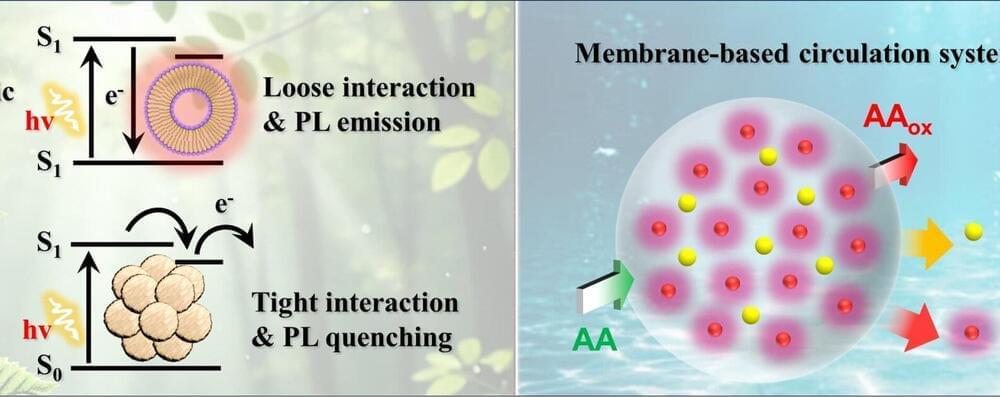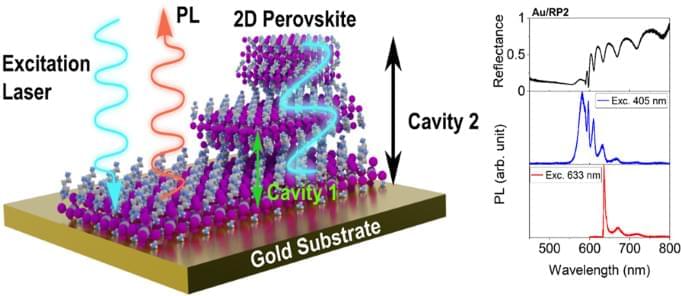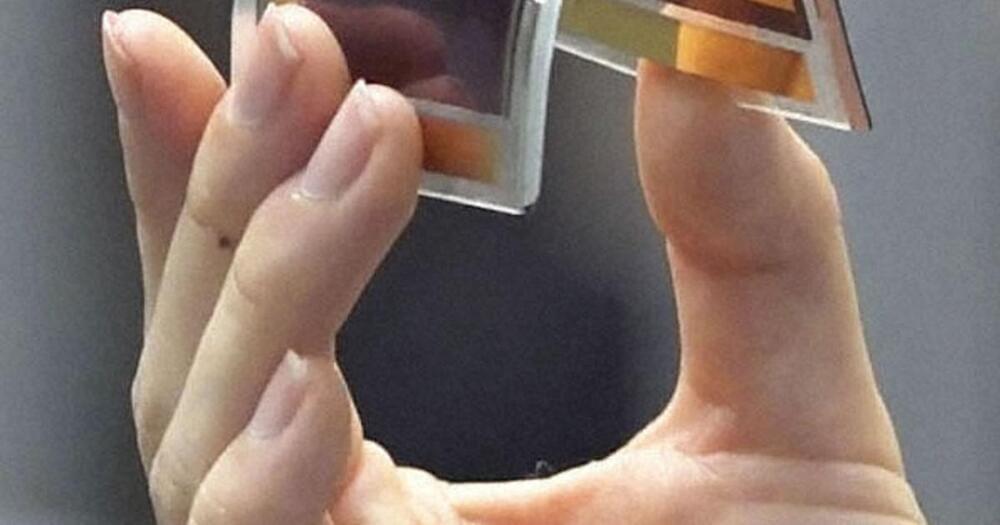Envision a settlement where the sunlight that beams across Australia buoy on its vast outback powers millions of homes and industries across Southeast Asia. This is how the Australia-Asia PowerLink (AAPowerLink) is being realized: the longest sub-sea cable in the world, linking northern Australia to Singapore, presently is one of the all-time break-through renewable energy developments. By virtue of this mammoth solar farm with its advanced energy transmission technology, this ambitious vision will shape the future energy systems around the world while addressing some critical climate issues.
Taking enormous advantage from its plentiful sunlight, northern Australia houses the world’s biggest Solar Precinct in its Northern Territory gathering between 17–20 GW peak electricity, a size surpassing that of Australia’s largest coal-fired power station.
The project incorporates advanced storage of 36–42 GWh, supplying 800 MW to Darwin and 1.75 GW to Singapore. In addition to reducing emissions and electricity prices for the Darwin region, it creates a renewable energy export marketplace for the region and demonstrates the use of the solar-rich area to meet 15 percent of Singapore’s electricity demand.







